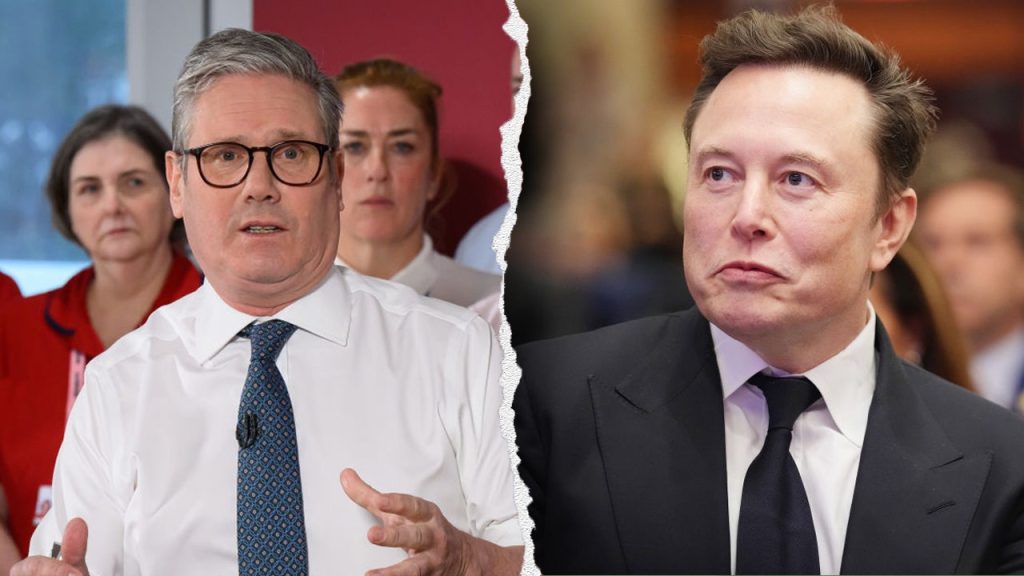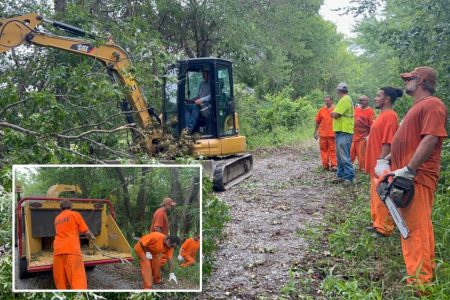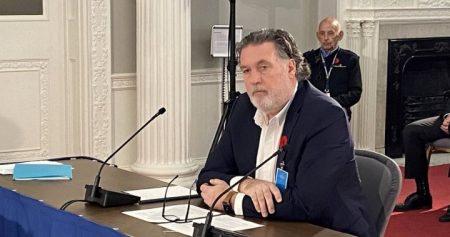The British Parliament rejected a motion on Wednesday to initiate a national inquiry into the pervasive child sexual exploitation scandal often referred to as the “grooming gang” scandal. This complex issue involves predominantly British-Pakistani men systematically abusing young girls, primarily in northern English towns. The proposed inquiry, presented as an amendment to a children’s well-being and schools bill, was defeated in the Labour-controlled House of Commons.
Prime Minister Keir Starmer argued against the amendment, asserting that it would jeopardize the entire bill’s passage, which contained crucial child protection measures. He characterized the amendment as a “wrecking amendment” intended to obstruct progress on vital legislation. Conservative Party Leader Kemi Badenoch countered that a national inquiry was essential due to the systemic nature of the abuse, involving a network of local and national officials, police, prosecutors, and politicians. She stressed that the interconnectedness of these failures could not be adequately addressed by localized inquiries.
The grooming gang scandal has a long and troubling history, with reports revealing the “appalling” abuse of over 1,400 girls in Rotherham alone between 1997 and 2013. Investigations have highlighted a reluctance among authorities to address the issue effectively, partly due to fears of being accused of racism given the perpetrators’ predominantly Pakistani heritage. This hesitancy, coupled with systemic failures within institutions, allowed the abuse to continue unchecked for years. The scandal has fueled broader societal concerns about multiculturalism and immigration, becoming a focal point for political debate.
The issue resurfaced recently after officials in Oldham requested a national inquiry following a 2022 report that exposed failures in protecting children. While the report did not find evidence of a deliberate cover-up, it acknowledged the potential for exploitation of the situation by right-wing activists. The government rejected the request for a national inquiry, advocating for local investigations instead. This decision prompted renewed calls for a nationwide inquiry from both Kemi Badenoch and prominent figures like Elon Musk.
Elon Musk, utilizing his platform on X (formerly Twitter), has persistently highlighted the issue, demanding accountability and even calling for the prosecution of senior U.K. government officials, including Keir Starmer. Musk urged the British public to contact their Members of Parliament and demand justice for the victims, emphasizing the importance of a national inquiry to prevent further abuse. His involvement has amplified the issue globally and added pressure on the British government.
Keir Starmer has criticized the focus on the issue, attributing it to “lies and misinformation” and accusing some politicians of exploiting the issue for political gain. He accused Kemi Badenoch of aligning with the “far-right” and urged parliamentarians to prioritize the passage of the broader children’s well-being bill. The debate surrounding the grooming gang scandal has intensified, with conflicting perspectives on the necessity and scope of a national inquiry. While some argue for a comprehensive national approach to address the systemic failures, others prioritize local investigations and express concerns about politicization of the issue. The rejection of the amendment leaves the future of a national inquiry uncertain, while the underlying issues of child sexual exploitation and institutional failings demand continued attention and reform.










